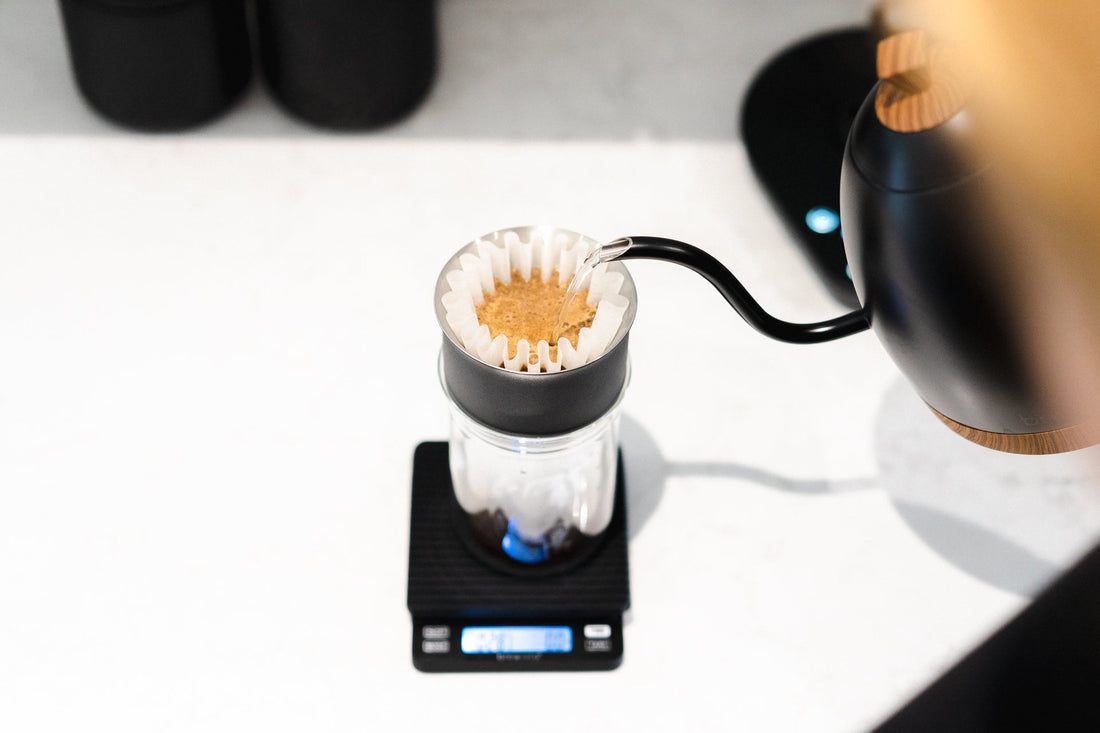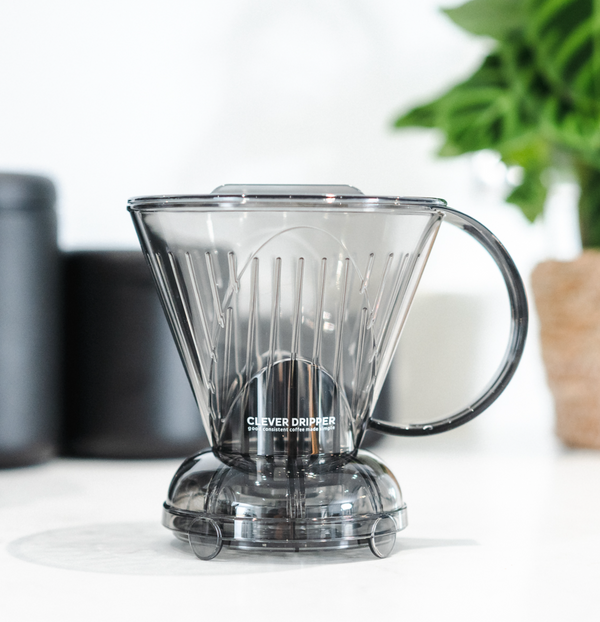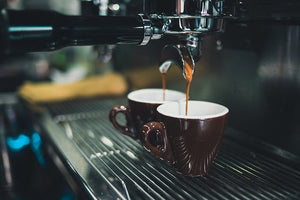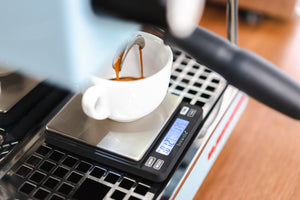
In this article, we’ll look at different filtration methods in pour over coffee. We’ll
discuss the pros and cons of both and why some might suit certain situations better!
So you’ve caught the coffee bug! You’re just getting into brewing great coffee at home. You’ve been starting your morning with a pour over, or maybe you’re loving your aeropress! It’s now getting to the point that you’ve hit a bit of a wall with how good you can make it. As with all types of coffee preparation, filtration is one of the most important things to consider.
In manual brewing, there are two main types of filters to consider- Paper or Metal. Paper filters have some great benefits. They’re convenient, you just grab a filter paper out and brew. They are relatively inexpensive and most interestingly, they tend to filter” better” than metal filters. By “better” we’re talking about removing almost all fines or sediment that you would expect from the bottom of an old
french press for example. A quick note here, that filters in French Press’ have improved significantly over the years. A great example of a well improved french press filter is the FELLOW CLARA FRENCH PRESS. The other big difference is, that paper filters actually filter out some of the oils that are released as coffee is extracted. Put simply, this means your coffee made utilising a paper filter is going to have a lighter texture as opposed to a heavier body.
Within the paper filter world, people tend to prefer particular brands and these are usually just down to personal preference. We recommend, just like with the coffee that you’re buying, that you try a few different options and see what you like! If you haven’t already, check out the BREWISTA X CAFEC CONE-SHAPED filter made by Brewista in collaboration with Cafec. The filters are constructed with
thin, biodegradable refined pulp, with no dyes and no chemicals used so you only taste the coffee.
Metal filters obvious benefit is sustainability, due to the fact they are reusable. Metal filters, compared to paper, generally let larger coffee particles through. This means they let a small amount of fines / sediment through the filter, as well as some of the oils you extract while brewing. Due to these oils making it through the metal filter, this will result in a cup that is more full bodied and richer, when compared to paper filters. In the bottom of your cup, you will now likely have some bits of coffee that you may prefer to avoid- although this doesn’t bother everyone. In terms of day to day use, a metal filter ideally needs to be washed with soap, between uses, in order to remove any leftover oils and stop it
from making your next coffee taste rancid. A metal filter is a brilliant thing to own, particularly if you have a habit of forgetting to order more filter papers. A metal filter is also a brilliant thing to take when travelling- No brewing with squashed paper filters from your suitcase! At home or on the road, owning a metal filter means you have a way to filter your coffee and get that caffeine fix!
So metal or paper? For convenience paper is a one and done single use situation, it minimises clean up and makes a super clean cup. Metal is convenient because you can’t “run out” but does need to be cleaned after each use. Paper is going to taste cleaner and if you’re brewing correctly, there should be no sediment in the bottom of your cup. Metal is likely, depending on how you grind and brew, to have
some sediment in the final cup. Having a metal filter in the cupboard though is almost like insurance that coffee is possible on any given day. You will have to make your own mind up about what filtration suits you best but remember, it’s more than okay to use both!











